Google may be stepping up its efforts to have developers pay attention to Android. The search giant – or rather, a division of it known as the "Android Advocacy Group" – has supposedly gone on the offensive, emailing a developer and offering him (or her) a free device.
 Of course, we’ve seen Google hand out Android phones before; hundreds of them have found new homes thanks to giveaways at different conferences. The difference is that conference attendees opted to be present at those gatherings, and the conferences were usually related to Android in the first place.
Of course, we’ve seen Google hand out Android phones before; hundreds of them have found new homes thanks to giveaways at different conferences. The difference is that conference attendees opted to be present at those gatherings, and the conferences were usually related to Android in the first place.
Now, Google might just be contacting folks out of the blue.
Someone – presumably either Lauren Leto or Ben Bator – told David Pogue, "I’m the developer of the Texts From Last Night app for the iPhone. Anyway, I received an e-mail yesterday from someone at Google claiming to be in their Android Advocacy Group. He basically said that he wanted to open a line of communication with me in case I chose to port the app to Android, and he offered to ship me a free Nexus One to play around with."
The nameless developer later added, "Contrast with Apple’s approach: it took us about three months of resubmitting our app to Apple before they stopped rejecting it for inappropriate content. And even now (after we peaked at the No. 7 paid app), we still have no relationship with anyone there."
It would seem, then, that reaching out to developers is potentially a very effective tactic for Google to adopt.
 As you might expect, this doesn’t represent a significant departure from the traditional Google Mobile App. Indeed, Google even counted a different version of the app among its original five iPad-specific offerings, with an official
As you might expect, this doesn’t represent a significant departure from the traditional Google Mobile App. Indeed, Google even counted a different version of the app among its original five iPad-specific offerings, with an official 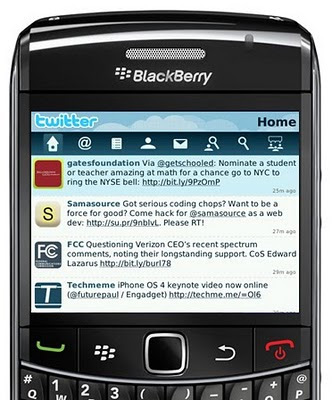
 "People are going online to opine about the security and privacy of apps all the time," Calo said. "But none of that discussion is centralized. What we’re trying to say is that if you’re doing it already, come and do it here."
"People are going online to opine about the security and privacy of apps all the time," Calo said. "But none of that discussion is centralized. What we’re trying to say is that if you’re doing it already, come and do it here."
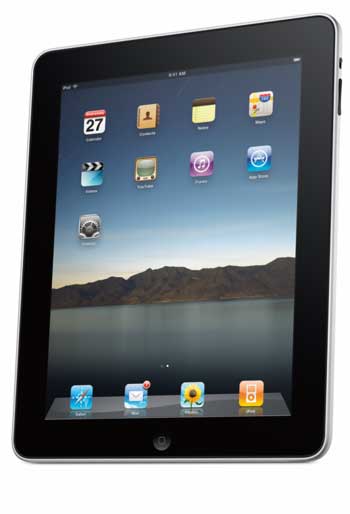
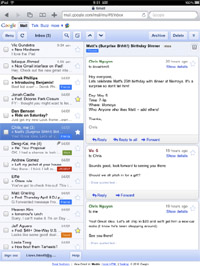

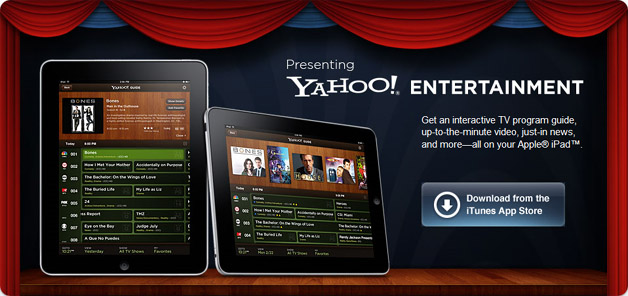
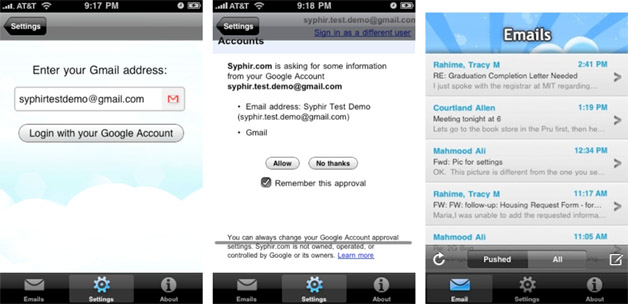
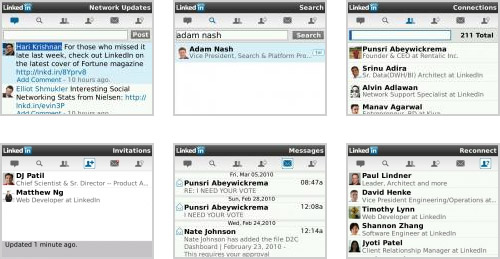

 Facebook
Facebook 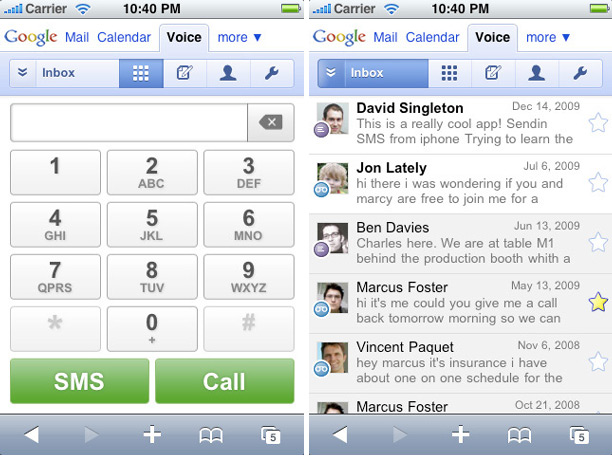


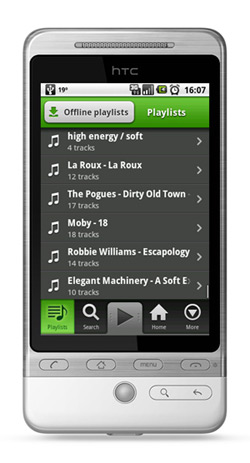 People in the US have been unable to use the service so far. There has been talk that this may soon change upon
People in the US have been unable to use the service so far. There has been talk that this may soon change upon